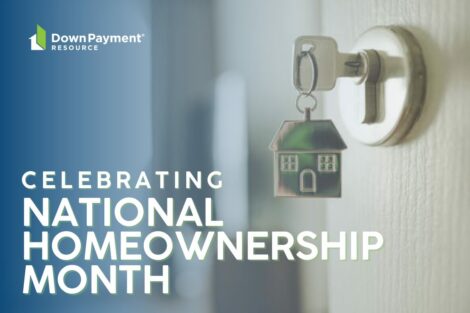
Homeownership May Be Closer Than You Think

We should all be paying attention to the recent Equifax data breach, estimated to potentially impact the personal data of 143 million U.S. consumers. Not great odds considering that’s one third of the entire country. But, if you’re currently applying for a mortgage or buying a home, you need to stay extra alert.
On September 7, Equifax revealed that hackers gained access to company data that contained sensitive information including social security and driver’s license numbers. You go to Equifax’s cybersecurity page to see if your data may be included in the breach, but there’s really no definitive way to tell. Just assume your data was impacted and play it safe.
While data breaches are nothing new in recent years (think Target and TJMaxx), this one is especially sensitive due to the nature of the data as well as the shear number of consumers impacted. As one of the country’s three credit reporting companies, Equifax holds the keys to A LOT of your personal data — enough to do major damage including stealing your identity or even purchasing a home in your name.
At the same time, in today’s online, cloud-based world, any organization could be at risk.
“I’m not surprised that anyone gets hacked these days. If the Pentagon and White House can be hacked, any of the three credit agencies could, too,” said personal finance expert and syndicated real estate columnist Ilyce Glink, publisher of ThinkGlink.com.
If you’re in the process of applying for a mortgage or buying a home, this credit breach couldn’t have come at a worse time. Housing columnist Ken Harney recently laid out a few scenarios that could impact your home purchase.
Hackers could create new accounts in your name that put you into debt and drain your FICO credit score. We know your credit score is at the center of your purchase–it determines what type of loan you qualify for and your interest rate. That’s a big deal considering most first-time homebuyers choose a 30-year loan.
Fraud can ultimately impact your ability to qualify for a home loan. Furthermore, getting your credit file corrected can take time and cause you to lose out on your home contact.
